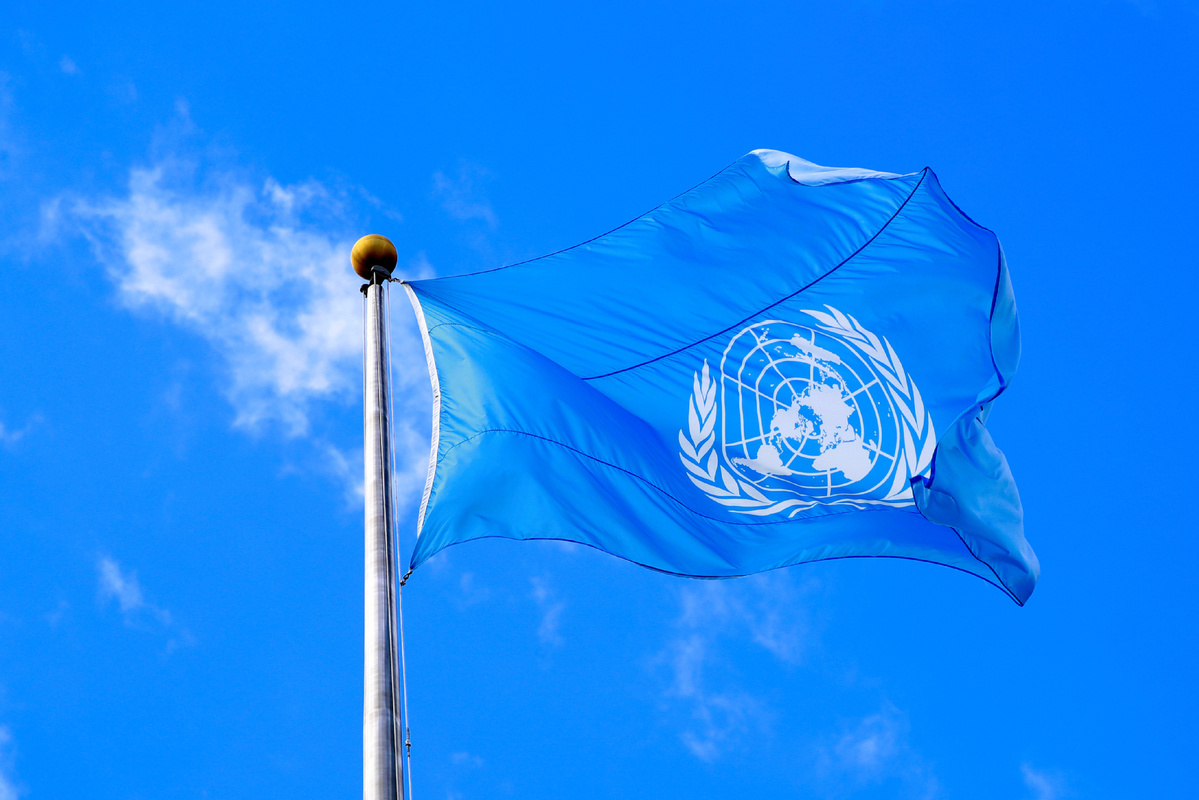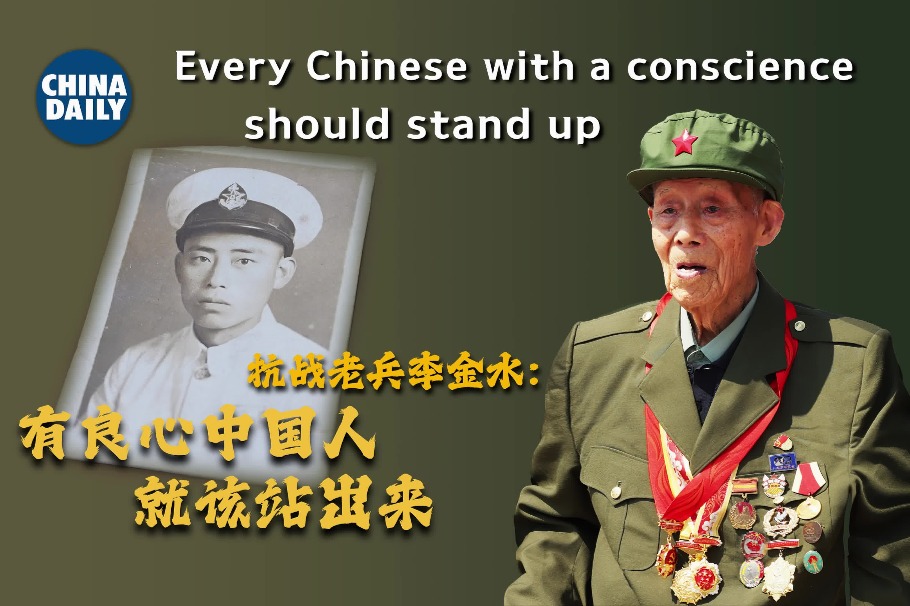UN Charter still guiding compass of humankind


As the world marked UN Charter Day on Thursday, it is more crucial than ever to reaffirm the fundamental norms of international relations rooted in the charter's purposes and principles.
Eighty years ago, following the end of World War II, the international community came together to adopt the UN Charter, establishing an organization dedicated to "maintaining international peace and security", "achieving international cooperation", and "settling international disputes by peaceful means". These principles became the cornerstone of the postwar order, earning universal recognition.
The world today is undergoing transformation and turmoil, and changes unseen in a century are unfolding at a faster pace. The Russia-Ukraine conflict drags into its fourth year. The humanitarian catastrophe in Gaza deepens. Tensions between Israel and Iran have attracted worldwide attention. The US air strike on Iranian nuclear facilities, despite their being under International Atomic Energy Agency safeguards, flagrantly violated the UN Charter and international law, trampling on Iran's sovereignty and security.
The surging global conflicts are not a sign of the charter's obsolescence, but proof that its principles are being ignored. Rather than upholding the charter, some influential powers have doubled down on hegemony and unilateralism, eroding its authority and effectiveness.
In this context, defending the charter's principles is more urgent than ever. UN Secretary-General Antonio Guterres' warning to the Security Council in February still resonates: "Global solidarity and solutions are needed more than ever."
To honor the charter is to unite behind multilateralism for peace. The international community must uphold its spirit, reject bullying and amplify objective, just and rational voices.
When Israel and the United States attacked Iran under the pretext of deterring potential future threats — a blatant breach of international law — China's and Russia's UN envoys condemned the act at an emergency Security Council meeting. The Arab League denounced all violations of sovereignty, while the Gulf Cooperation Council urged that diplomacy, rather than force, be used to resolve the issue. These collective stances strengthen the global front for justice and peace.
Upholding the charter entails a fairer global order. In the post-World War II era, newly independent Global South nations reinvigorated international democracy by joining the United Nations. Today, amid rising instability, the world must refocus on the UN's founding mission — steering the international system toward greater justice and equity, and building a just system that truly serves the needs of developing nations.
China, in recent years, has introduced a series of transformative global governance proposals that are gaining worldwide traction — from championing a community with a shared future for mankind to pioneering the Global Development Initiative, the Global Security Initiative and the Global Civilization Initiative. Key concepts like the Belt and Road Initiative, the principle of extensive consultation, joint contribution and shared benefits, and the targeted poverty alleviation approach have been incorporated into UN documents. These proposals align closely with the UN Charter's fundamental purpose of "achieving international cooperation" in ways that address the needs of developing nations.
China has joined nearly all major intergovernmental organizations and signed over 600 international conventions and amendments to them, consistently backing the UN's central role. The UN chief has described China as a vital partner of the organization and a key pillar in upholding multilateralism and promoting global sustainable development.
As we mark the world body's Charter Day, the international community must unite with greater resolve in turning the UN Charter's principles of peace, equity and justice into a lived reality. In this era of historic upheaval, the charter remains humanity's compass for stability and progress.
































